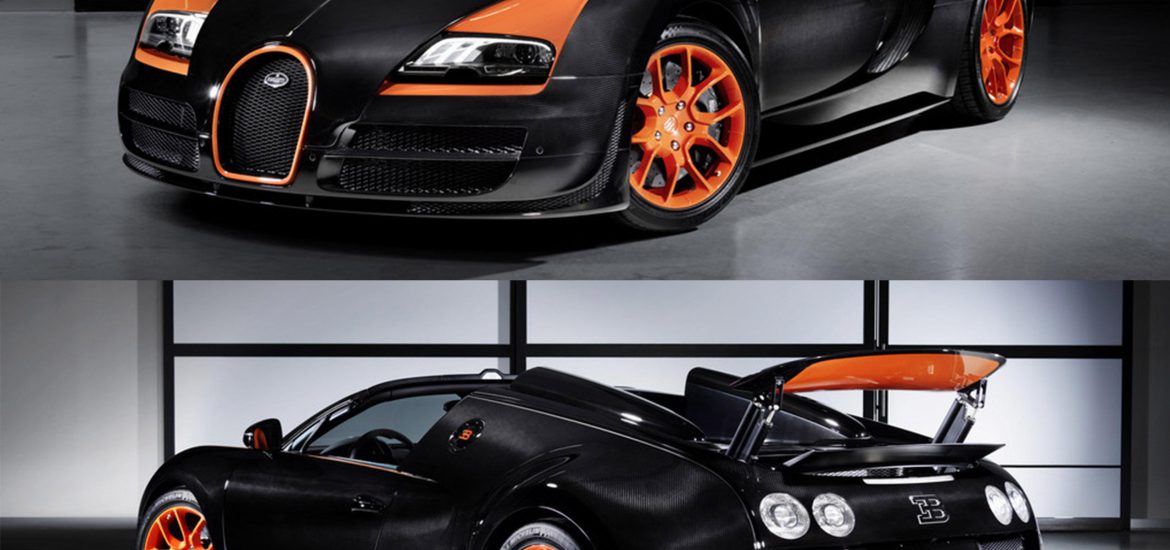BMW, Mercedes Become Latest Carmakers Caught in Trump Crossfire
Trump’s G-7 Debut Comes With Spank of German Trade
BMW, Mercedes-Benz and VW are getting their turn in the crosshairs of U.S. President Donald Trump, who’s making a habit out of attacking the visible — and free trade-dependent — auto industry.
“The Germans are bad, very bad,” Der Spiegel cited Trump as telling to unidentified participants at a closed-door meeting Thursday with European Union officials in Brussels. “Look at the millions of cars that they sell in the U.S. Terrible. We’re going to stop that.”
Trump’s singling out of German carmakers for contributing to the nation’s lopsided trade surplus goes after rebukes of Japan’s Toyota Motor Corp. and attacks on America’s own automakers for shipping cars from Mexico. The rhetoric overlooks that  BMW AG, Daimler AG and Volkswagen AG operate some of their fattest factories in the world in southern U.S. states, and the influence that putting a stop to imports would have on the thousands of dealers who sell German vehicles.
“The U.S. president doesn’t argue based on facts but instead comes to conclusions based on alternative facts like how many cars are presently parked on a Fresh York road or at the Trump Tower,” said Ferdinand Dudenhoeffer, director of the University of Duisburg-Essen’s Center for Automotive Research.
Gary Cohn, director of the National Economic Council, acknowledged that the president said Germany is “very bad” when it comes to flooding the U.S. with cars, but insisted it wasn’t a dig at one of the U.S.’s most significant allies.
Fifth Avenue
Trump has complained repeatedly that Germany’s high trade surplus with the U.S. is hurting the American economy. In a Bild newspaper interview in January, Trump singled out luxury-car maker BMW and threatened it with a thirty five percent import duty for foreign-built vehicles sold in the country.
“If you go down Fifth Avenue everyone has a Mercedes Benz in front of his house,” he told Bild, while lamenting the lack of Chevrolets in Germany. General Motors Co. has largely withdrawn the brand from Europe.
BMW, Daimler and Volkswagen declined to comment on Trump’s remarks. Combined, deliveries by the companies reached 1.33 million vehicles last year, according to data provided by Wards Automotive Group.
While the U.S. is the second-largest export market for German automakers and the manufacturers are adding or expanding Mexican production facilities, the U.S. remains an significant source of their global production. More than half of the vehicles the German companies make in America are exported.
German auto factories are in Republican-leaning states, including the Volkswagen plant that makes Passat sedans and Atlas SUVs in Tennessee. In Alabama, Daimler produces more SUVs than anywhere else in the world and is in the midst of a $1.Trio billion expansion.
Merkel’s Visit
The manufacturers have responded to earlier attacks with a mix of defiance and mollification. BMW Chief Executive Officer Harald Krueger, one of a petite group of business leaders to accompany German Chancellor Angela Merkel on her visit to the White House, has defended the importance of free trade and noted that BMW’s largest plant worldwide is in Spartanburg, South Carolina. That factory makes BMW the top exporter of vehicles from the U.S. by value.
Next to China, Germany is the largest source of the U.S. trade deficit that Trump has vowed to narrow. The U.S. had a trade deficit of $68 billion last year with Germany.
Germany is far from alone in being lopsided with America with regards to autos. The U.S. had a $132 billion trade deficit with the world in terms of passenger vehicle sales last year. Imports of cars from Germany exceeded exports by $15.Four billion.
The German trade surplus rose to a record two hundred fifty three billion euros ($284 billion) last year, and the U.S. trade deficit widened in January to the most since March 2012. In addition to drawing Trump’s ire, the German imbalance has sparked criticism by European Union leaders including French President Emmanuel Macron.
European Commission President Jean-Claude Juncker, asked about the matter at the G-7 gathering in Italy on Friday, confirmed the gist of Trump’s comments but indicated they’d been exaggerated due to a translation error.
“It’s not true that the president took an aggressive treatment when it comes to the German trade surplus,” Juncker, who was present when Trump made his remarks, told reporters in Taormina. “He didn’t say that the Germans are behaving badly. He said ‘We have a problem, like others, with the German trade surplus.”’
— With assistance by Jonathan Stearns, Patrick Donahue, Ian Wishart, Christoph Rauwald, Tom Lavell, Andrew Mayeda, Scott Lanman, and Alexandre Tanzi
